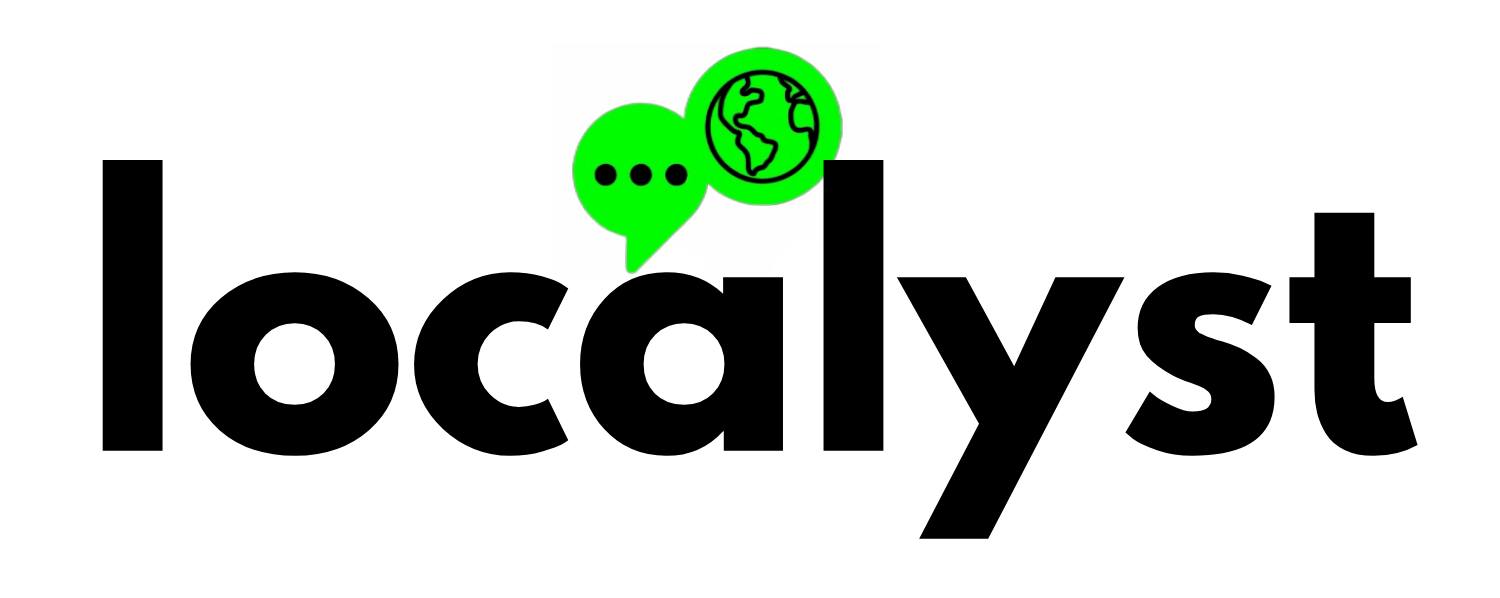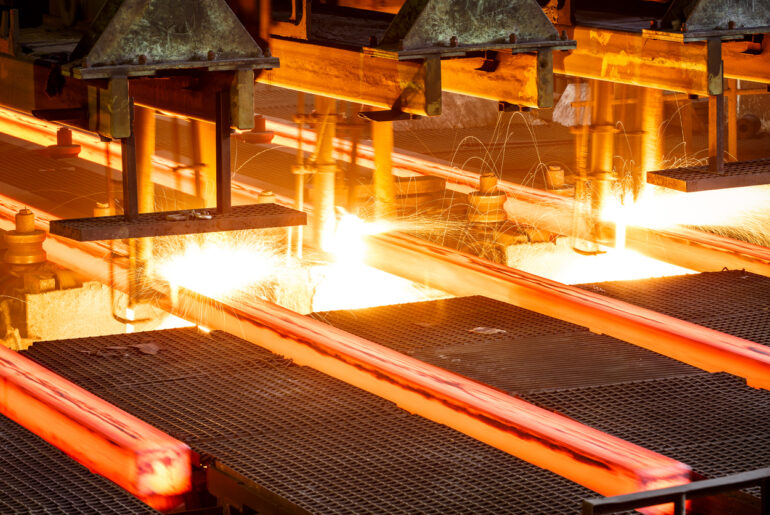As superintendent of a rural Michigan school district, William Chilman wanted a budget to modernize his schools and make sure his students were getting a first-rate education. In 2020, he didn’t have enough to do that. But now, his school district is flush with cash, and residents aren’t paying more in taxes. What changed?
Michigan’s largest wind farm, Isabella Wind, has been operating for several years now, and it has brought in over $1.5 million specifically for rural schools in the Beal City School District. Chilman predicted that wind energy would bring prosperity for his community, and he was right.

The money will go towards upgrades like new buses, remodeling the school stage and new handicap-accessible bathrooms. All this without residents forking over more money in taxes. Michigan energy company DTE pays the taxes on the wind turbines, collection lines and other infrastructure. Other Michigan school districts are also reaping benefits to the tune of $40 million from their community wind farms.

Not many people have heard about what this school district was able to do, so we asked our readers what they thought about it.
Some people weren’t surprised at all to hear that the community benefited from wind, because they’ve seen this happen where they live.
“We have eight wind turbines on our farms, and they have increased our income plus helped our township build a new hall,” Linda said. “I’m sure the city of Ithaca and its schools have also benefited.”
Others appreciated that it’s a frugal approach. “I liked that it kept us from using so much electricity but helped schools,” Rhonda said. “A lot of good seemed to come from it.”
For some readers, the story made them wonder why their local officials are making it hard to bring these kinds of tax gains to their own communities.
“The story highlights the positives of wind for electricity production, particularly the compelling financial gain aspect,” Ron said. “Locally, politicians have voted down turbine wind production mostly because of false negatives.”
After all, others said, this is a win-win situation for rural school districts. “Improvement in education without higher taxes!” Linda M. said.
What Do People Living in Rural America Think About Wind Energy?
We hear from a lot of readers who tell us what they think about wind energy projects happening all over America in rural areas. Some of them could be your neighbors!
“More people need to think of the future, to harness our utility bills—the prices are only getting higher!” – Linda
Linda has a great point! Wind energy can save you a lot of money on your utility bill, and communities benefit financially from wind projects, through tax revenue, job creation and other direct investments in the local economy.
“It’s important for family farms to succeed so we can lessen the need for factory farms that are so destructive to animals and the environment. And it’s very important to be using renewable energy and decreasing our dependence on fossil fuels. This is a win-win!” – Naomi
We really like that Naomi is looking out for family farms. Wind energy is a pollution-free way to boost your farm’s income, and did you know that it’s easy to grow crops around wind turbines? Cattle can graze around them, too. (Rancher Amanda Stoffels even shared that her sheep help maintain the native grasses under her solar panels—but that’s another story!)
“Landowners are allowed to do what they want with their property.” – Vicki
“I would like to receive all the benefits my property could earn for me.” – Bill
“Freedom of choice always appeals to me!” – Carole
Did you know that some county commissioners oppose wind projects, even though you have every right to have them on your private property? Wind turbines contribute to your energy independence—it’s a resource you have right there on your land—and community wind provides that same independence (and income!) to your home town, local school districts and county.
If you like the idea of letting the breeze pay some of your bills and help out the schools where you live, then write a letter to the editor of your local paper to let others in your community know how you feel.




